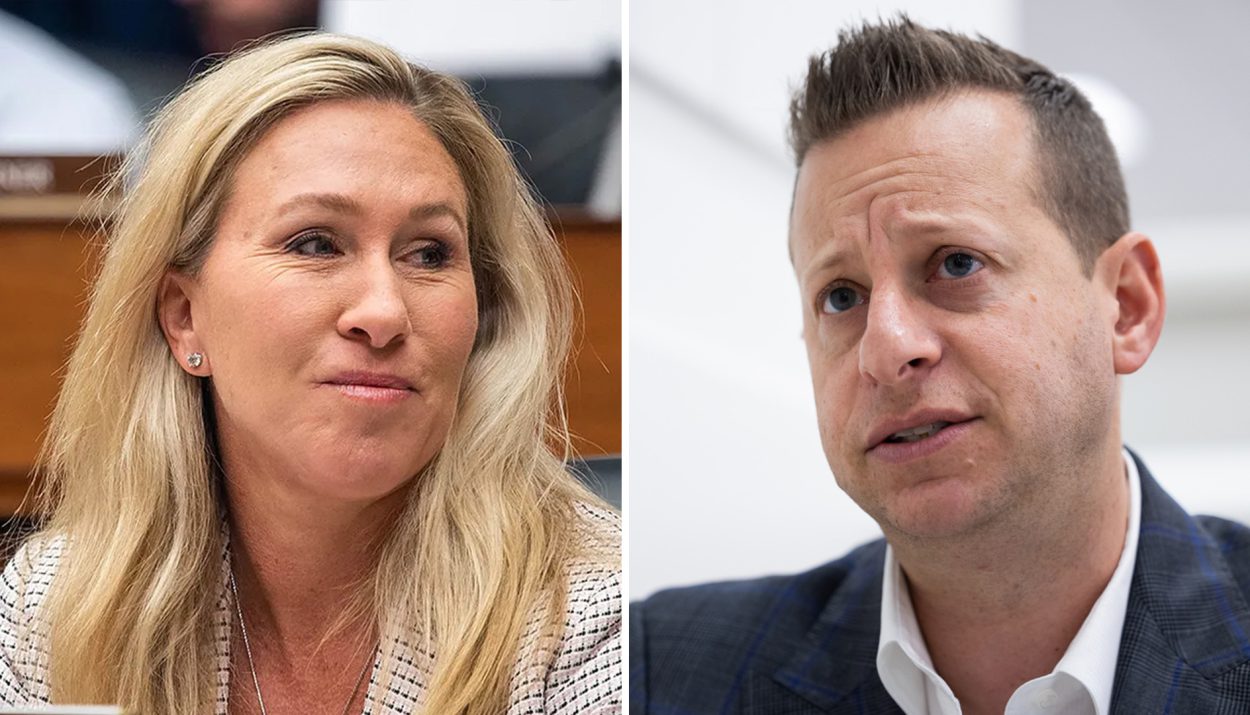In a heated exchange during a House Oversight Committee hearing on China, Representative Marjorie Taylor Greene faced backlash for her comments about Nazis in Ukraine. Jewish congressman Jared Moskowitz challenged Greene to visit a Holocaust museum to understand the gravity of her statements, sparking a debate about the use of Nazi comparisons in political discourse.
Greene’s Controversial Claims About Nazis In Ukraine
During the hearing, Marjorie Taylor Greene presented two articles discussing the presence of Nazis in Ukraine, claiming that it’s now considered misinformation to talk about this issue. Her comments came amidst ongoing debates about U.S. aid to Ukraine in its fight against Russia, with some Republicans questioning the need for continued funding.

Greene’s statements have drawn criticism from those who believe that comparisons to Nazis and Hitler should be made with extreme caution, especially when discussing complex geopolitical issues. The congresswoman’s comments have reignited discussions about the appropriateness of using such comparisons in political debates.
Moskowitz’s Emotional Response And Challenge
In response to Greene’s comments, Congressman Jared Moskowitz, whose grandparents survived the Holocaust, delivered an impassioned speech. He emphasized that there are no concentration camps, gas chambers, or ovens in Ukraine and that the only people who truly understand the horrors of the Nazis are those who lost loved ones during the Holocaust.

Moskowitz challenged Greene to visit a Holocaust museum to witness the atrocities committed by the Nazis firsthand. He argued that using Nazis as propaganda is despicable and that such comparisons should not be made lightly, especially in the context of ongoing conflicts and political disagreements.
The Debate Over U.S. Aid To Ukraine
Greene’s comments about Nazis in Ukraine are part of a larger debate among U.S. lawmakers about continued funding for Ukraine in its war against Russia. While the Senate has passed a $95-billion funding package that includes aid for Ukraine, Israel, and Taiwan, the House has yet to act on the bill.
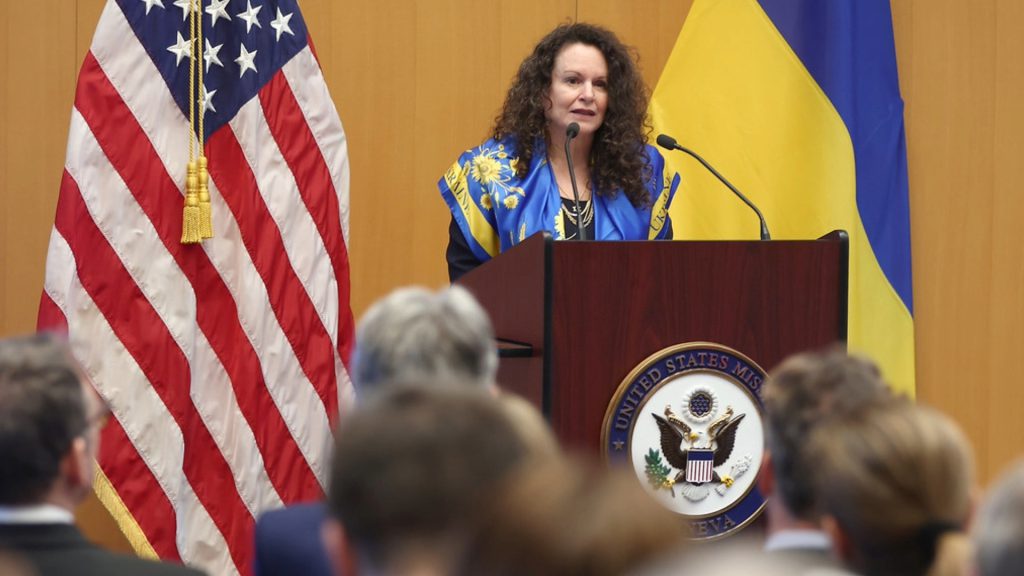
Some Republican lawmakers, including Greene, have expressed skepticism about the need for additional aid to Ukraine, citing concerns about the country’s alleged ties to Nazism. However, critics argue that these claims are baseless and rooted in Russian propaganda, rather than factual evidence.
Greene’s Controversial X Post And Community Fact-Check
On Sunday, Marjorie Taylor Greene posted on X, formerly Twitter, claiming that it’s antisemitic to make Israeli aid contingent on funding Ukrainian Nazis. She argued that these should be separate bills, drawing further criticism from those who believe her statements are misleading and inflammatory.

Greene’s post was fact-checked by a community note, which provided additional context and disputed her claims. The note clarified that Ukraine is not “Ukrainian Nazis” and that combining security funding for different states in one bill is not inherently antisemitic, contradicting Greene’s assertions.
The Importance Of Historical Accuracy And Sensitivity
The exchange between Marjorie Taylor Greene and Jared Moskowitz highlights the importance of historical accuracy and sensitivity when discussing the Holocaust and making comparisons to Nazis. Many argue that such comparisons should be reserved for the most extreme cases and that using them loosely can diminish the severity of the atrocities committed during World War II.

As political debates continue to heat, lawmakers and public figures must be mindful of the language they use and the historical context behind their statements. Visiting a Holocaust museum, as suggested by Moskowitz, could provide valuable perspective and understanding for those who make controversial claims about Nazis and their legacy.
The Need For Respectful And Informed Discourse
The controversy surrounding Marjorie Taylor Greene’s comments about Nazis in Ukraine underscores the need for respectful and informed discourse in political debates. While disagreements about foreign policy and aid are inevitable, it is essential to approach these discussions with empathy, nuance, and a commitment to factual accuracy.

As lawmakers continue to navigate complex geopolitical issues and domestic challenges, they must strive to engage in productive conversations that prioritize the well-being of their constituents and the global community. By learning from history and approaching difficult topics with sensitivity and understanding, political leaders can work towards finding common ground and making informed decisions.
The Role Of Media In Shaping Public Perception
The media plays a significant role in shaping public perception of political debates and controversies. In the case of Marjorie Taylor Greene’s comments about Nazis in Ukraine, various news outlets have reported on the story, highlighting different aspects of the exchange and its implications.

As media consumers, it is important to approach news stories with a critical eye and to seek out multiple sources of information before forming opinions. By engaging with a diverse range of perspectives and fact-checking claims made by public figures, citizens can develop a more comprehensive understanding of complex issues and make informed decisions about the policies and leaders they support.
The Potential Impact On U.S.-Ukraine Relations
Marjorie Taylor Greene’s controversial comments about Nazis in Ukraine could have implications for U.S.-Ukraine relations, particularly as the debate over continued aid to the country intensifies. Ukraine has been fighting against Russian aggression since 2014, and the U.S. has been a key ally in providing military and economic support.
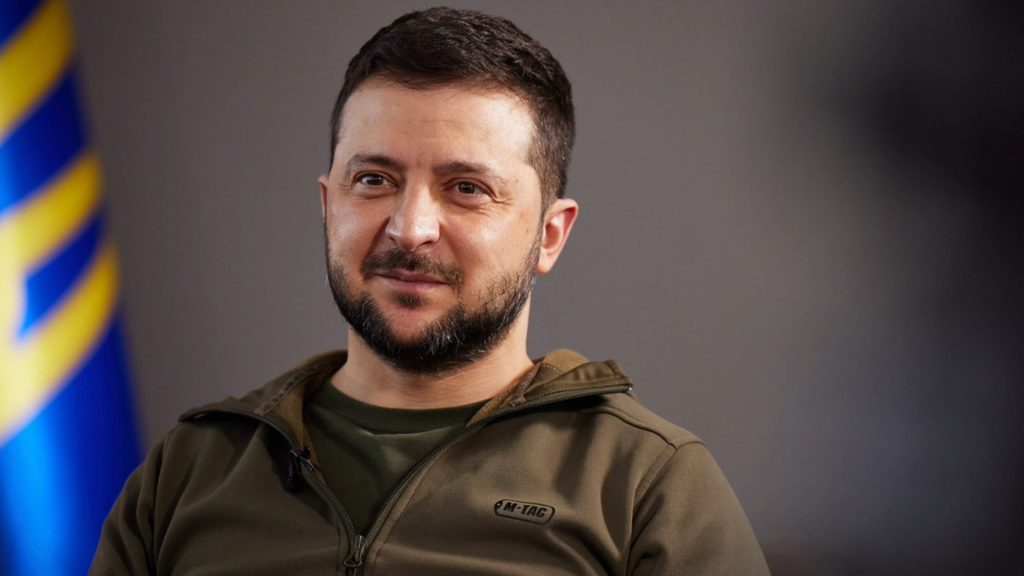
If more U.S. lawmakers adopt Greene’s stance and question the legitimacy of supporting Ukraine based on alleged ties to Nazism, it could strain the relationship between the two countries and undermine Ukraine’s efforts to defend its sovereignty. Diplomats and foreign policy experts will likely be closely monitoring the situation to assess the potential impact on U.S.-Ukraine relations.
The Significance Of The House Oversight Committee Hearing
The House Oversight Committee hearing on China, during which the exchange between Marjorie Taylor Greene and Jared Moskowitz took place, highlights the importance of congressional oversight in addressing critical national security issues. While the focus of the hearing was on China, the controversy surrounding Greene’s comments about Ukraine demonstrates how interconnected various geopolitical challenges can be.
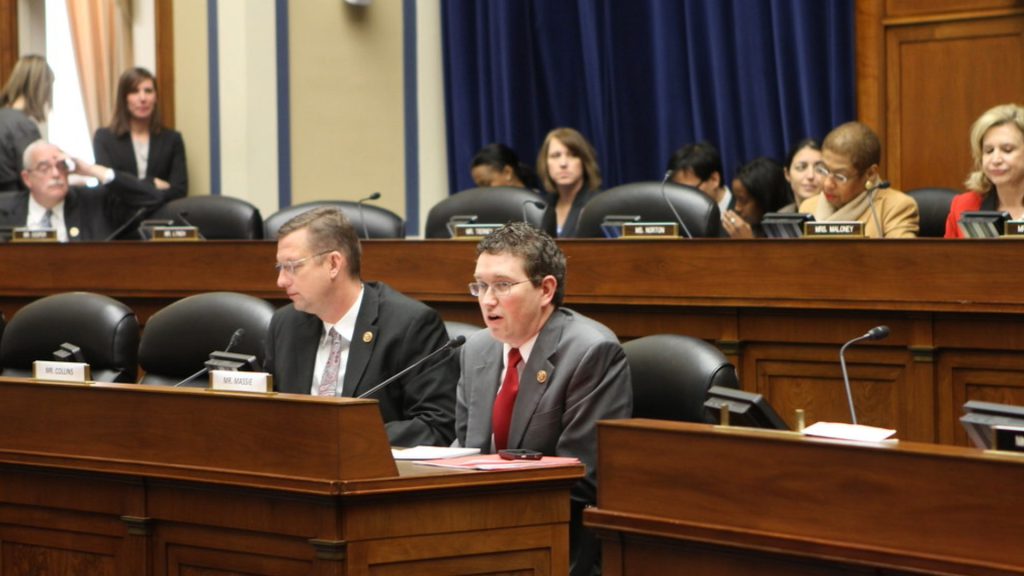
As the committee continues its work, it will be crucial for members to approach their responsibilities with a commitment to fact-based analysis and constructive dialogue. By engaging in substantive discussions and seeking expert testimony, the committee can help inform policy decisions and ensure that the U.S. is well-positioned to address the complex challenges it faces on the global stage.
The Broader Context Of Russian Disinformation Campaigns
Marjorie Taylor Greene’s comments about Nazis in Ukraine should be viewed within the broader context of Russian disinformation campaigns aimed at undermining Ukraine’s legitimacy and justifying Russia’s actions in the region. Since the annexation of Crimea in 2014, Russia has engaged in a concerted effort to spread false narratives about Ukraine, including claims of widespread Nazism and fascism.

By recognizing the insidious nature of these disinformation campaigns, policymakers and the public can be better equipped to identify and counter false claims when they arise. Promoting media literacy and encouraging critical thinking can help individuals navigate the complex information landscape and make informed judgments about the issues that shape our world.
The Responsibility Of Elected Officials To Promote Unity
As elected officials, members of Congress have a responsibility to promote unity and work toward the common good of their constituents and the nation as a whole. Controversial comments like those made by Marjorie Taylor Greene about Nazis in Ukraine can be divisive and detract from the important work of addressing the challenges facing the country.

By engaging in respectful dialogue, seeking common ground, and prioritizing the needs of the American people, lawmakers can help bridge divides and foster a sense of shared purpose. While disagreements are inevitable in a democracy, elected officials need to approach their differences with empathy, humility, and a commitment to finding solutions that benefit all Americans.
The Importance Of Learning From History
The exchange between Marjorie Taylor Greene and Jared Moskowitz serves as a powerful reminder of the importance of learning from history, particularly when it comes to the atrocities committed during the Holocaust. By visiting a Holocaust museum, as suggested by Moskowitz, individuals can gain a deeper understanding of the human toll of hatred and bigotry.
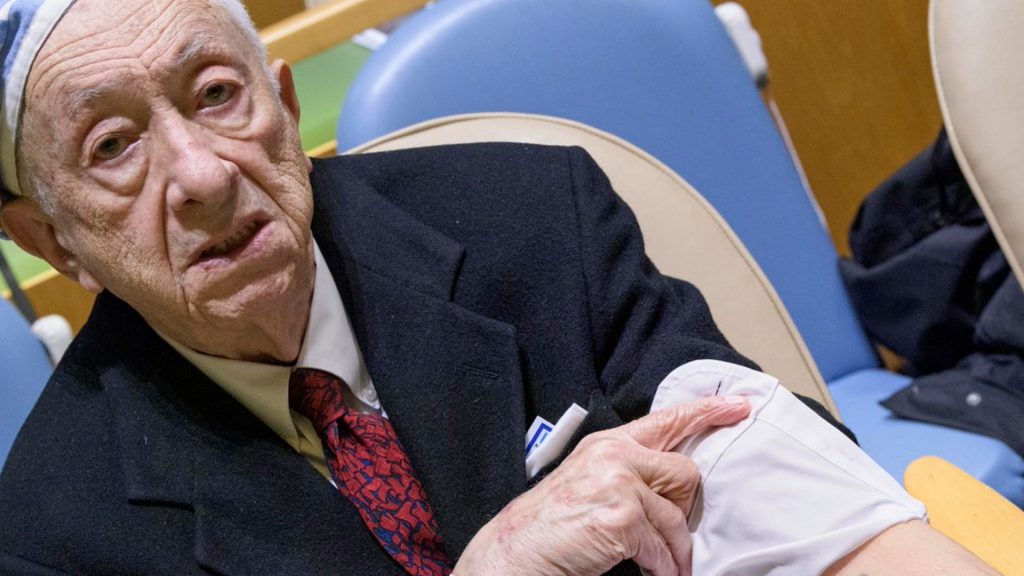
By educating ourselves about the past and the devastating consequences of unchecked prejudice and discrimination, we can work towards building a more just and compassionate society. Through ongoing dialogue, education, and a commitment to upholding the dignity of all people, we can help ensure that the lessons of history are never forgotten.
The Need For Continued Vigilance Against Extremism
The controversy surrounding Marjorie Taylor Greene’s comments about Nazis in Ukraine underscores the need for continued vigilance against extremism in all its forms. Whether it is the scourge of antisemitism, the rise of far-right movements, or the spread of hateful ideologies, it is essential for society to remain committed to combating these threats.

By fostering a culture of inclusivity, respect, and understanding, we can help create an environment where extremist views are less likely to take hold. Through education, community engagement, and a steadfast commitment to the values of equality and human rights, we can work toward a future free from the shadows of hatred and bigotry.

